Resources for Emergency Health Professionals
CDC offers a variety of resources for clinicians, communicators, laboratorians, emergency planners and responders, and disaster relief volunteers to prepare them to respond to a public health emergency.

Clinicians (COCA)
Clinicians can stay up-to-date on the latest CDC guidance on health threats, find training opportunities, and receive direct email support through Clinician Outreach and Communication Activity (COCA).
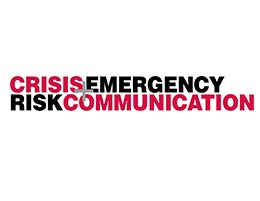
Communicators (CERC)
Communicators can use Crisis and Emergency Risk Communication (CERC) trainings, tools, and resources to communicate effectively during emergencies.

Laboratorians
Laboratorians can find information on specimen collection and shipping, testing unknown substances, and the Laboratory Response Network.
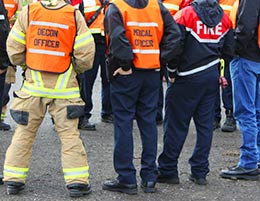
Emergency Planners and Responders
Emergency health professionals can use these trainings, tools, and resources to effectively prepare for and respond to an emergency.

Disaster Relief Volunteers
Volunteers must protect their own health and safety while providing disaster assistance and relief.
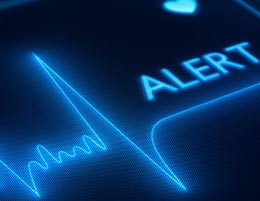
Health Alert Network (HAN)
Public Information Officers and CDC partners can find information about urgent public health incidents through the Health Alert Network (HAN).
- Page last reviewed: March 13, 2017
- Page last updated: May 8, 2017
- Content source:
- Maintained By:


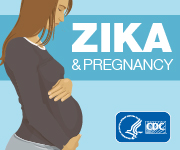
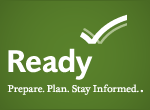
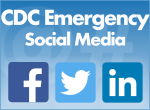
 ShareCompartir
ShareCompartir